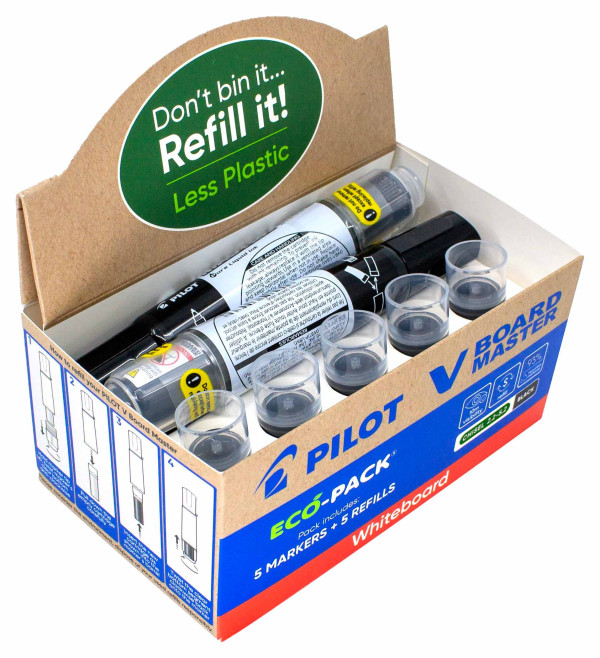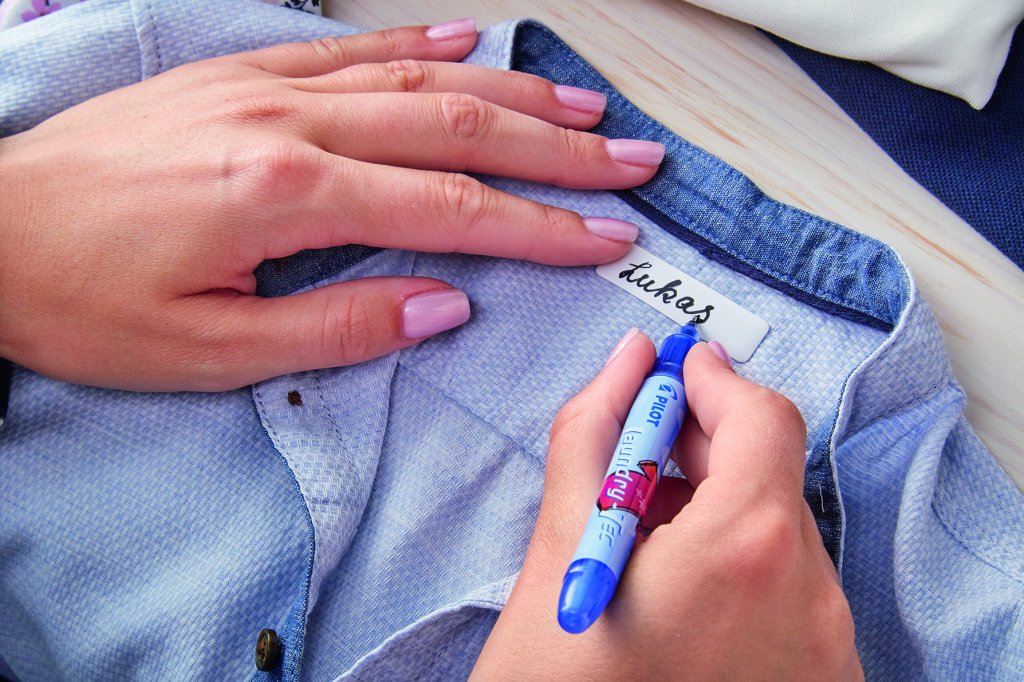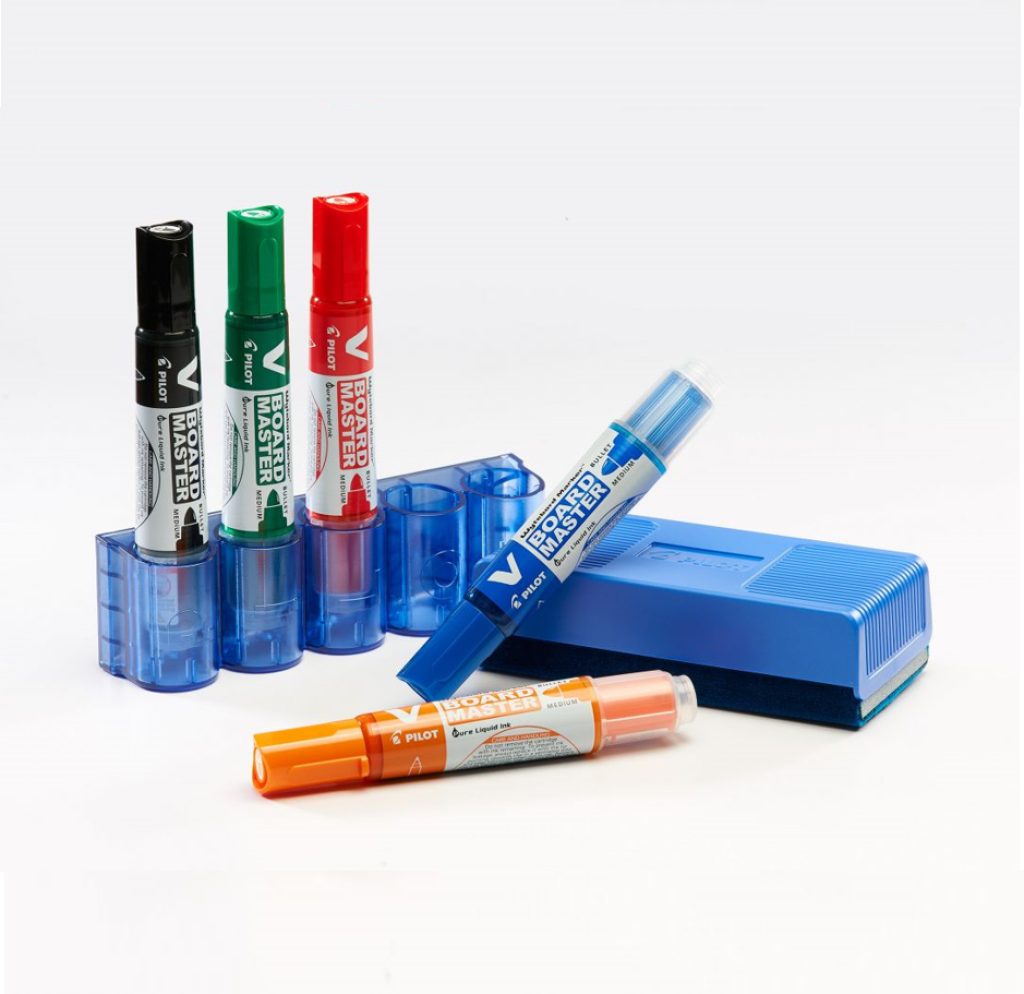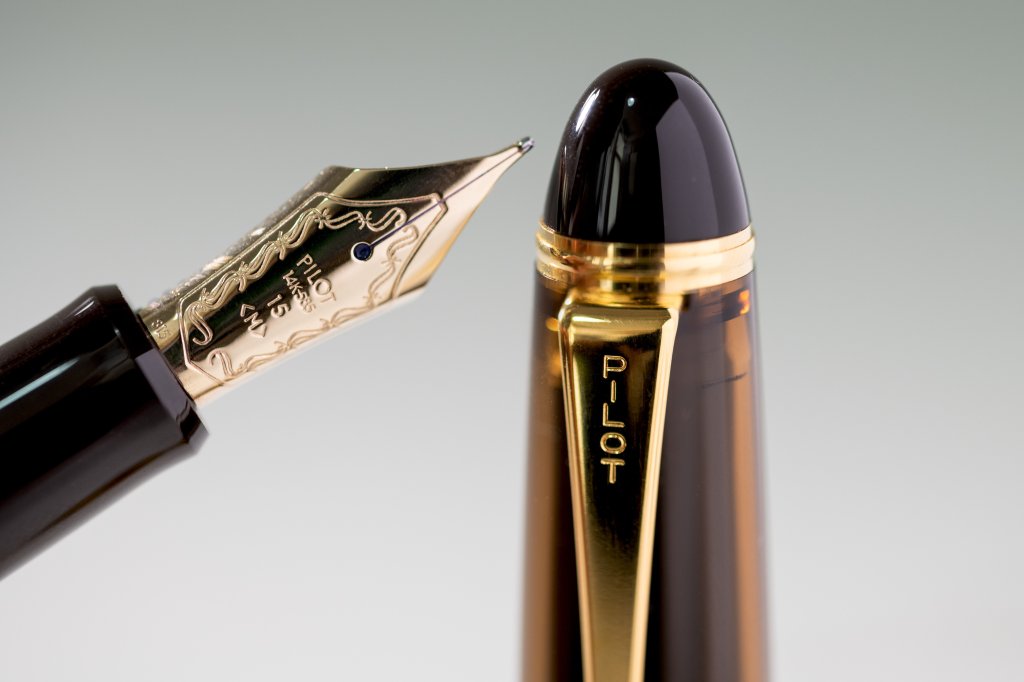How Children’s Toys Morphed Into High-Quality Erasable Pens
Did you know that PILOT makes toys, as well? Most people don’t know this, but it’s thanks to innovations in toymaking that birthed one of our most popular products, the FriXion erasable ink pen.
The FriXion range has a variety of characteristics that make it truly unique. You have vibrant ink, a smooth writing experience, and precision when needed. There’s a FriXion pen for every purpose. But before FriXion pens, we had toys. This is the story of how these pens came to be in the first place.

Key Takeaways
Metamo Color, the ink behind our FriXion series, was originally used in toys and was developed back in 1975. It changes colour according to temperature and thus has a variety of uses.
This ink was used in cups and toys before birthing one of our most popular kids’ toys, the Mel-chan doll, in 1992. This toy grew to such popularity that it spawned an entire range of toys based around the original doll.
The FriXion range eventually managed to utilise this ink to create the now famous erasable pen range. Developed back in 2006, these pens have become a popular choice for professionals and casuals alike.
PILOT continues to innovate and find new and exciting ways to shake up the stationery industry and find new ways to use existing technology for the smoothest writing experience possible.
The Origins of Metamo Color
Metamo Color is an ink that was developed back in 1975. This revolutionary ink could change colour based on the temperature, thus creating endless possibilities for the future, many of which have been realised over the years.
Early versions of the ink were used in simple novelty items but eventually found a place in heat-sensitive cups where patterns or text would emerge when hot liquid was poured in.
It slowly found its way into other toys, as well, adding an interactive element that delighted children the world over.
Naturally, researchers saw immense potential beyond just toys and looked towards stationary, textiles, and even industrial applications. However, the technology wasn’t stable enough for all of these purposes just yet. But experimentation continued, and Mel-chan was born.
The Birth of Mel-chan
Firstly, who or what is “Mel-chan?” It’s a children’s doll that, like many in the market at the time, gave children of all ages a safe and fun care doll to play with. But what really set Mel-chan apart was its colour-changing hair.
When placed in water above 36 °C, Mel-chan’s brown hair turned pink. This naturally delighted children at bath-time.
Introduced in 1992, Mel-chan was created particularly for young and pre-school children to encourage nurturing play. It became so popular, in fact, that a survey revealed that 97.1% of Japanese women with children recognised the popular doll.
Some were so enamoured by the doll, they wanted more — and so a wide range of Mel-chan products were introduced to the market, including a smaller palm-sized version that could accompany its owner everywhere.
Given the success of Mel-chan, it was only natural that Metamo Color would find its way into even more toys.
Expanding the Use of Metamo Color in Toys
PILOT introduced Metamo Color in more toys over time, such as in plain dolls that could be given make-up in cold water. Colouring books and educational toys also found a market, revealing hidden patterns in water.
This set the base for PILOT to experiment with the ink’s temperature sensitivity for different environments. Another area of refinement was the longevity of the colour-changing effect after repeated and prolonged use. We also focused on the development of safer, non-toxic formulations for children’s toys.
Overall, this resulted in highly popular products that enjoyed broad market reach and then expanded into other areas, such as writing implements.
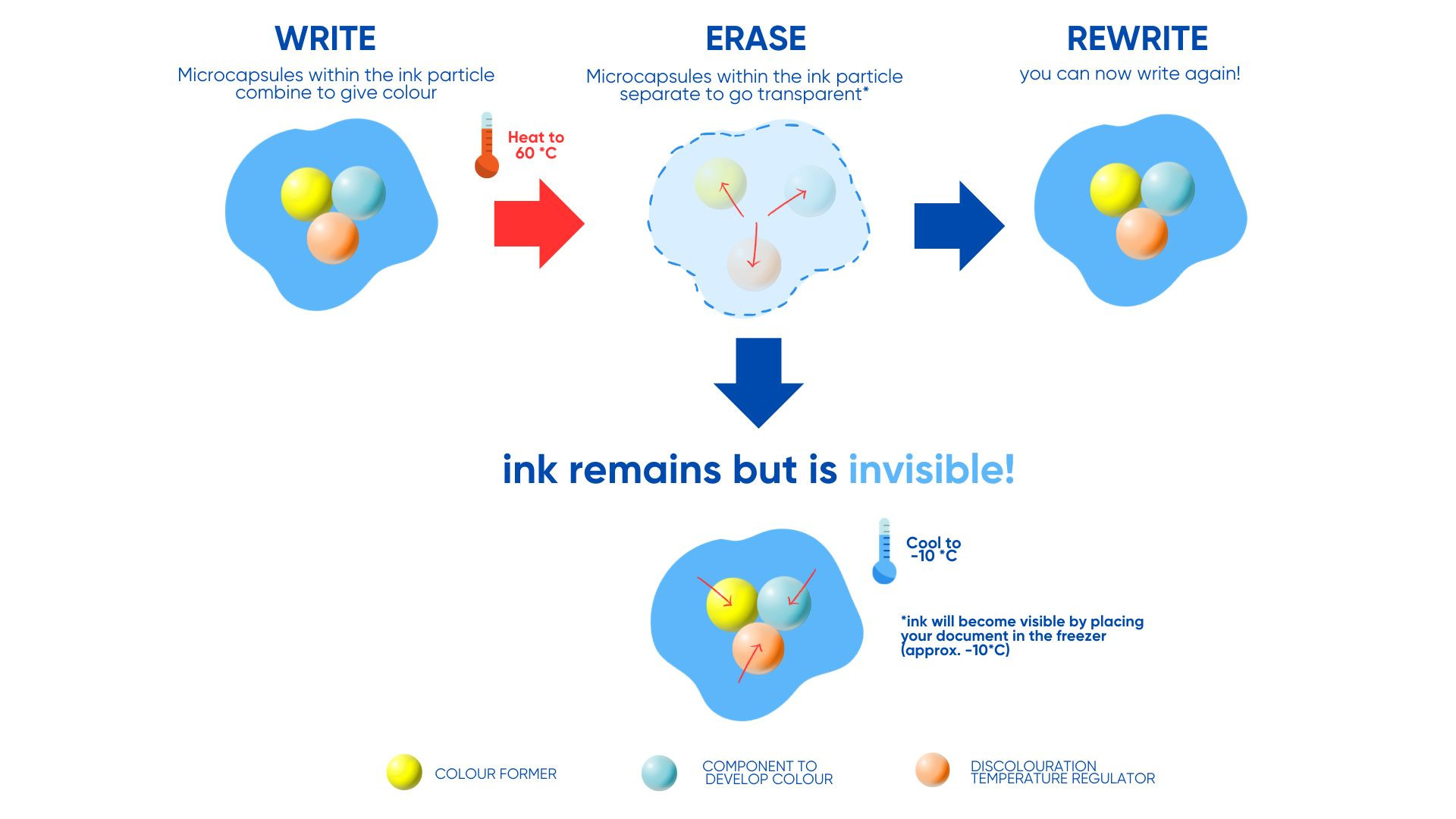
The Leap from Toys to Writing Instruments
Given the research conducted into Metamo Color, researchers soon refined the ink to change colour more precisely. This led to the discovery that friction-generated heat could also trigger colour changes. And in this breakthrough discovery, FriXion was born.
In 2006, PILOT adapted Metamo Color into a gel-based ink with immense potential. This ink could change colour more precisely, and therein was the potential and the birth of erasable pens.
FriXion wasn’t the first iteration of erasable pens. Others existed, but writers would have to deal with smudging and debris on a regular basis. FriXion, instead, turns the ink transparent, which leaves no smudging and no debris. This is only the nutshell version of how erasable pens work, but it’s enough to make our point for now.
In Japan, these pens became an instant hit, and soon found international success, as well. Schools, offices, and even creative fields quickly recognised the potential and adopted FriXion pens for daily use. This led to FriXion becoming the flagship product it is today, and it all started with children’s toys.
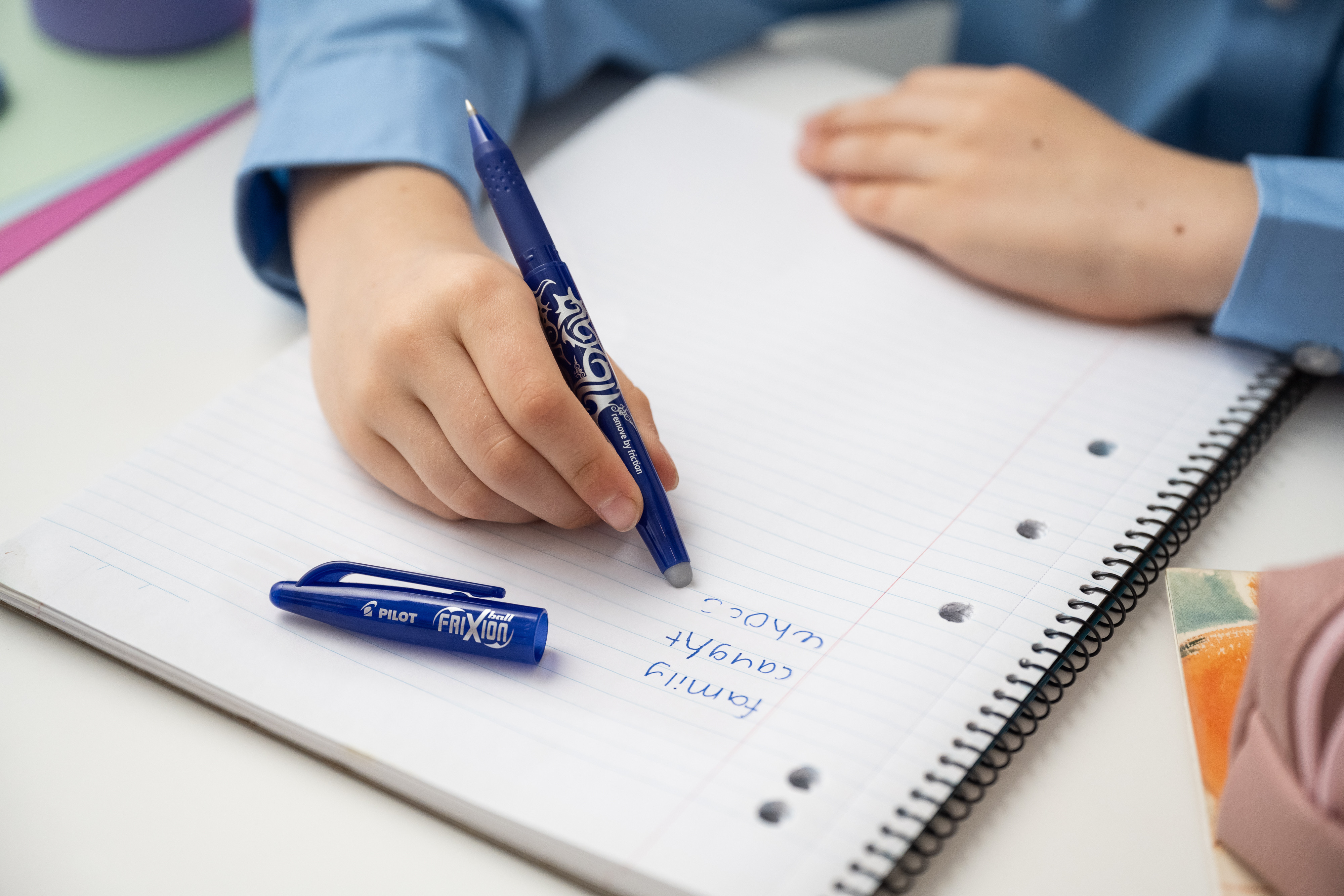
The Legacy of Metamo Color and FriXion Pens
In the end, Mel-chan helped to revolutionise the stationery industry — a highly unlikely outcome, most would agree. But Mel-chan’s part in the journey was critical, as it proved that interactive, colour-changing materials had mass-market potential.
At the core, FriXion pens and Mel-chan toys use the same technology but in vastly different industries and applications.
Both of these flagship products continue to enjoy mass popularity until today, with new generations welcoming and adoring them. FriXion pens continue to expand, available today in highlighters, multi-colour variants, and even business-specific editions.
Throughout the success of the past, PILOT continues to innovate, constantly seeking new writing and colour-changing technologies to lead the industry. Metamo Color remains a core innovation, inspiring new applications in various industries.

Proof that Experimentation Can Pay Off
From a scientific experiment in 1975, to a children’s toy in 1992, to one of the most popular pens in the world emerging in 2006, innovation can lead to the most unexpected of outcomes.
PILOT took a risk in experimenting with toys, and that risk paid off by us becoming market leaders in two different industries. This is a welcome reminder that great ideas often emerge by exploring unconventional avenues.
Many everyday products have surprising and powerful backstories, and the birth of our flagship series of erasable pens is just one such story.
When you’re ready to explore the magic for yourself, you can explore our FriXion range here. You might just find your new favourite pen!
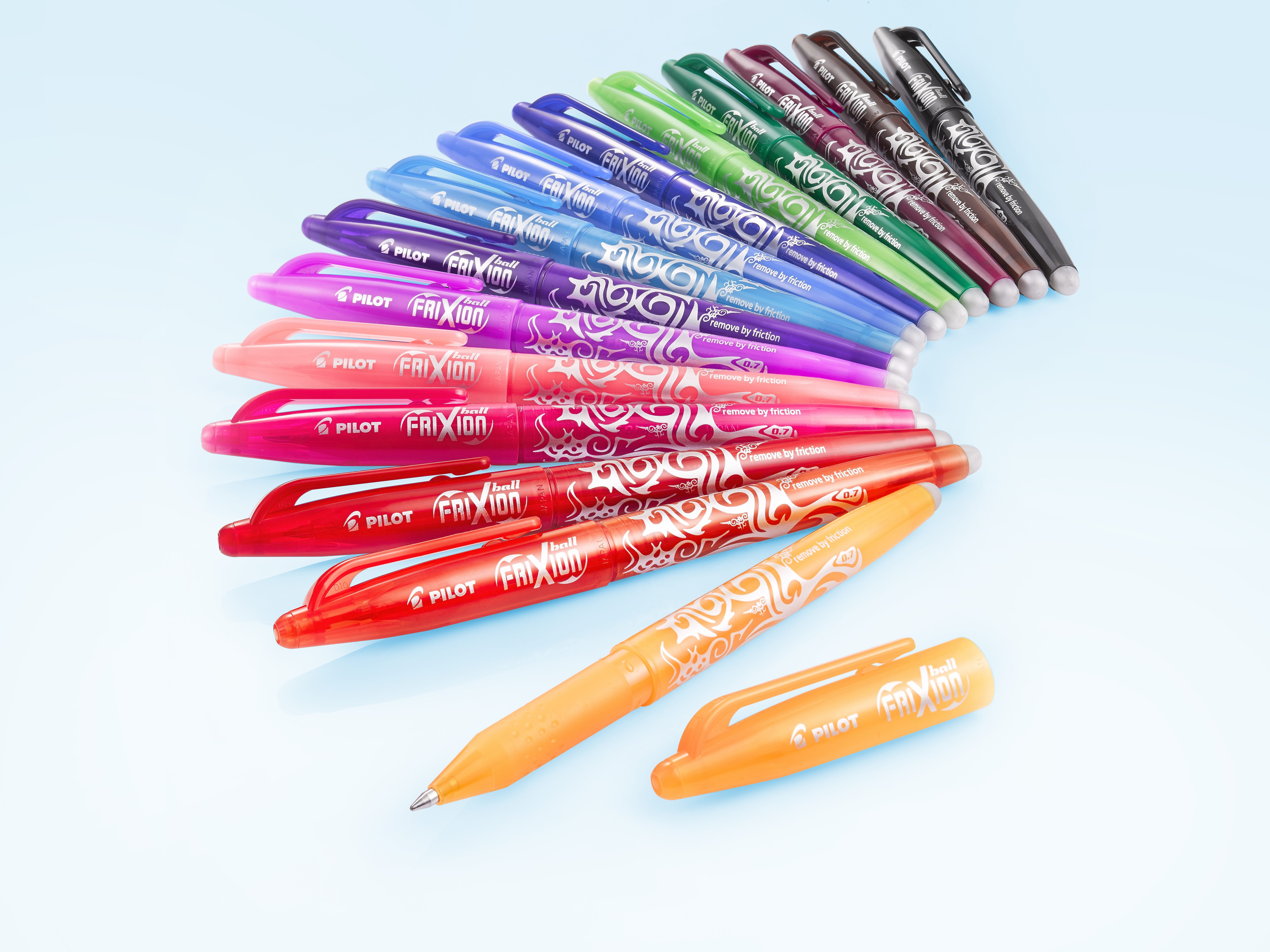
About Author
Stephanie Janolo
At Pilot Pen Australia, she bridges the gap between digital and timeless writing instruments. Beyond the realm of pixels and algorithms, her inspiration strikes in the form of art, museums and lyrical narratives of Taylor Swift.
